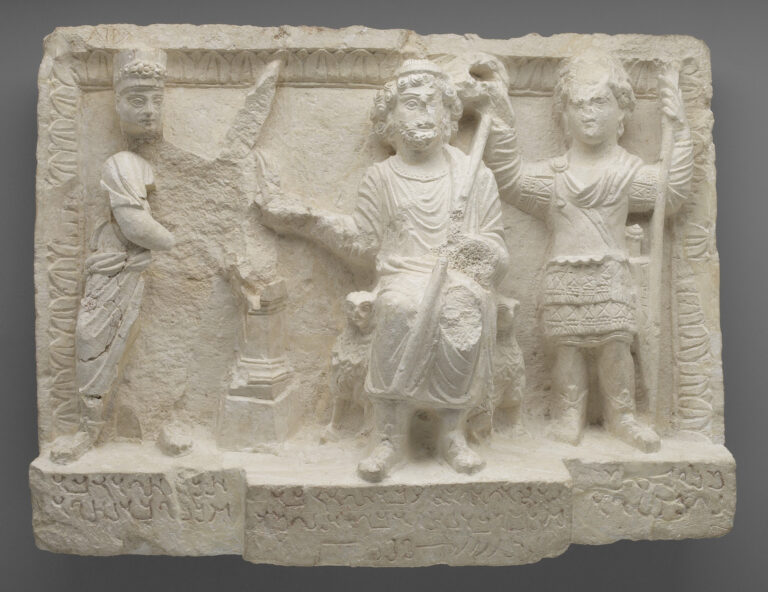“Troop/number” or “Fortune (Gad)/Destiny (Meni)” in Isaiah 65:11?
“But ye are they that forsake the LORD, that forget my holy mountain, that prepare a table for that troop, and that furnish the drink offering unto that number.” (Isaiah 65:11, KJV) Author James R. White in The King James Only Controversy criticizes the KJV rendering at Isaiah 65:11, saying: The NKJV transliterates the Hebrew … Read more

